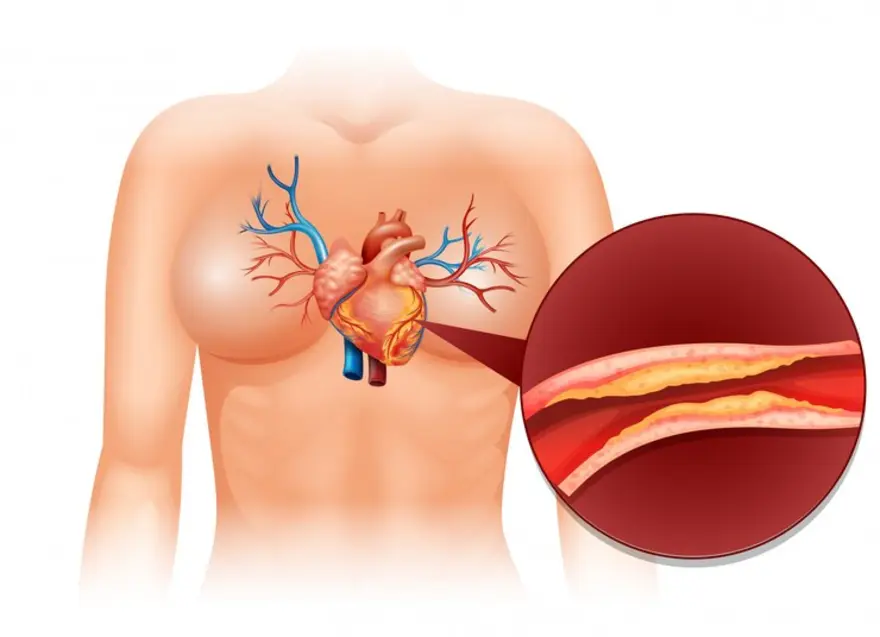Health Test
New age risk factors for heart disease
1323 Views
0

Did you know that more and more Indians are succumbing to heart disease every year? While Diabetes, elevated cholesterol and blood pressure have been the traditional and well known risk factors, newer risk factors are being added now which have been significantly seen to contribute to heart disease.
Five such risk factors include:
1. Stress
Having too much stress, for too long, is bad for your heart. If you’re often stressed, and you don’t have good ways to manage it, you are more likely to have heart disease, high blood pressure, chest pain, or irregular heartbeats.The stress itself can be a problem. It raises your blood pressure, and it’s not good for your body to constantly be exposed to stress hormones. Studies also link stress to changes in the way blood clots, which makes a heart attack more likely.
The way you handle stress also matters. If you respond to it in unhealthy ways — such as smoking, overeating, or not exercising — that makes matters worse. On the other hand, if you exercise, connect with people, and find meaning despite the stress, that makes a difference in your emotions and in your body.
2. Lack of Sleep
People who are sleep-deprived show less variability in their heart rate, meaning that instead of fluctuating normally, the heart rate usually stays elevated. Lack of sleep can increase insulin resistance, a risk factor for the development of type 2 diabetes and heart disease.
Shortened sleep can increase CRP, or C-reactive protein, which is released with stress and inflammation. “If your CRP is high, it’s a risk factor for cardiovascular and heart disease,” says Zee. Shortened sleep also interferes with appetite regulation. “So you may end up eating more or eating foods that are less healthy for your heart,” Zee says.
3. PCOS
More than 50% of women with PCOS will have diabetes or pre-diabetes (impaired glucose tolerance) before the age of 40.The risk of heart attack is 4 to 7 times higher in women with PCOS than women of the same age without PCOS.
4. Vitamin D Deficiency
A growing number of studies point to vitamin D deficiency as a risk factor for heart attacks, congestive heart failure, strokes, and the conditions associated with cardiovascular disease, such as high blood pressure and diabetes.
5. Over exercise
Exercise is good for you, but some extreme athletes can push past healthy limits.
Extreme, long-term endurance exercise puts equally extreme demands on the cardiovascular system. Experts found that after finishing extreme running events, athletes’ blood samples contain biomarkers associated with heart damage.
These ‘damage indicators’ usually go away by themselves, but when the heart endures extreme physical stress over and over, the “temporary” damage may lead to so called “remodeling” of the heart or physical changes such as thicker heart walls and scarring of the heart. This can also increase the risk of heart rhythm disorders, particularly for the minority who have underlying cardiac problems such as hypertrophic cardiomyopathy or coronary heart disease.
 Home Visit
Home Visit Upload
Upload














1701259759.webp)









 WhatsApp
WhatsApp